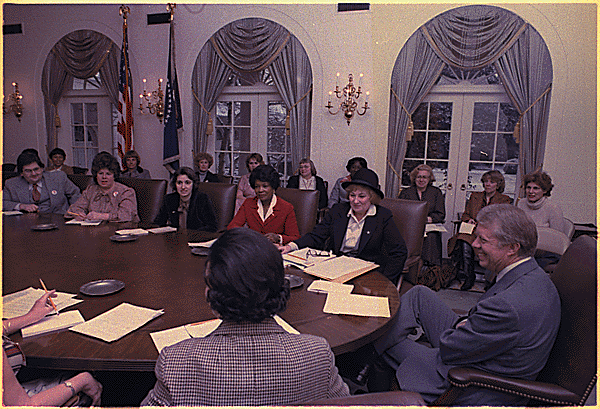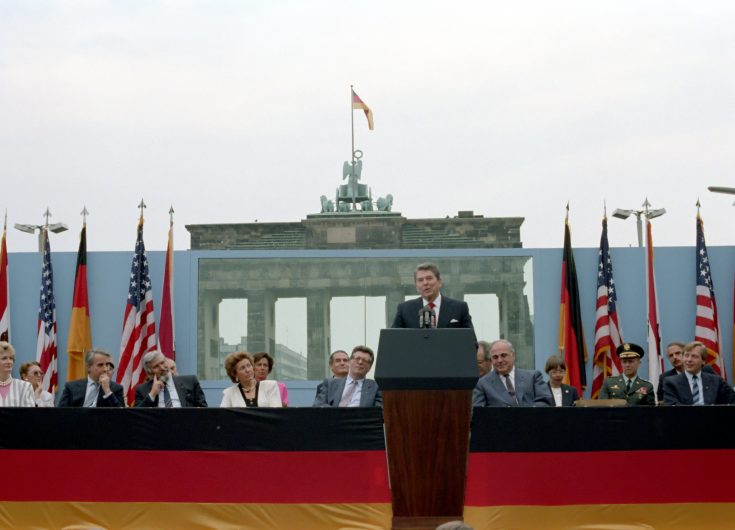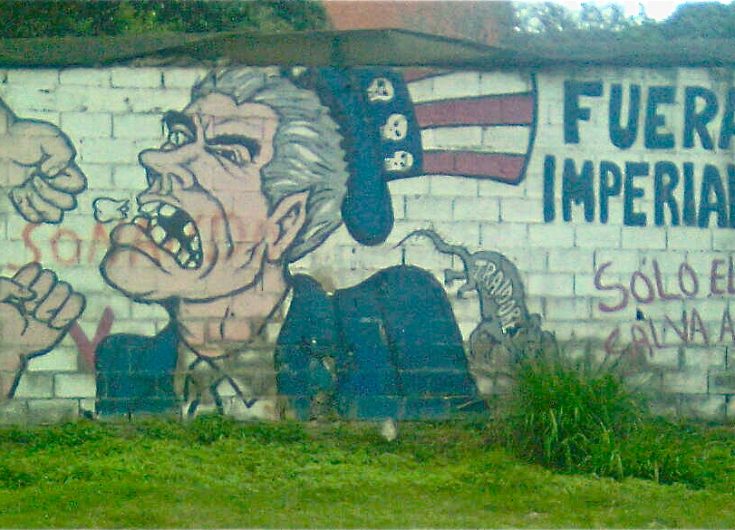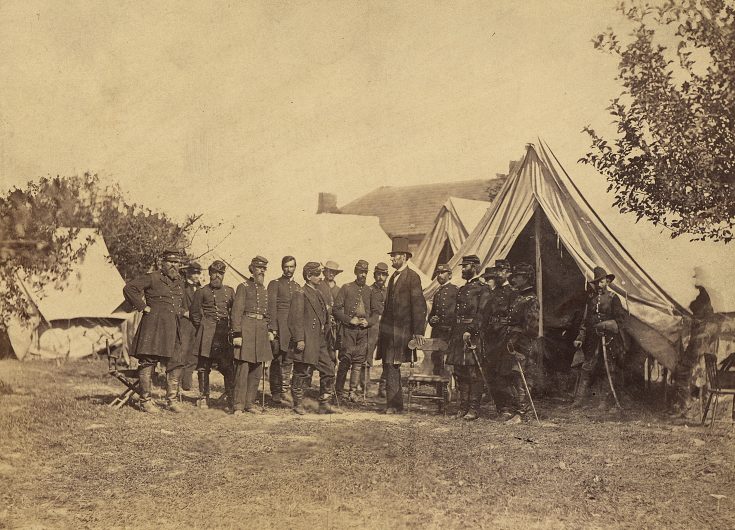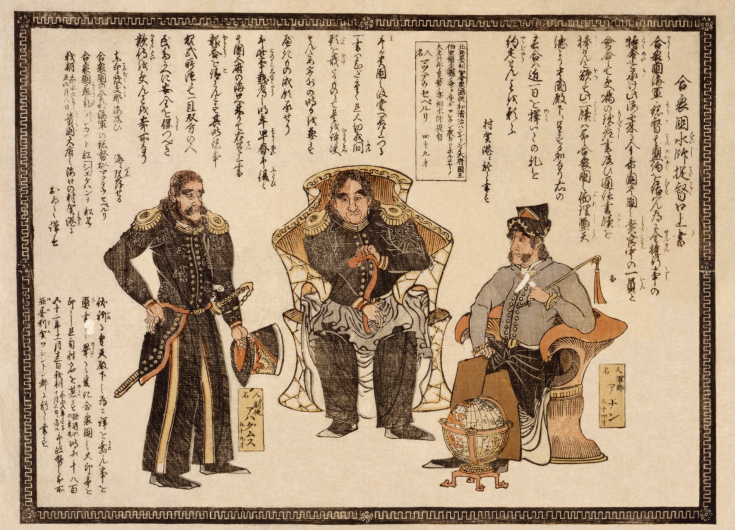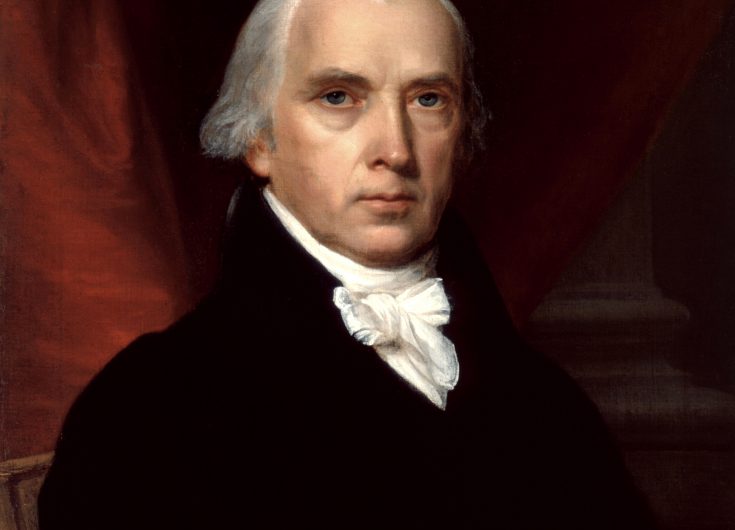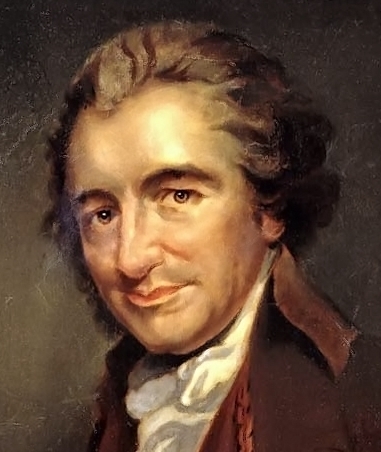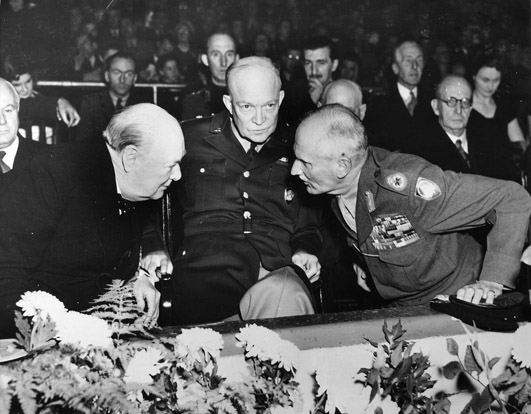

Circumspect Foreign Policy: Washington and Eisenhower’s Farewell Addresses
While Washington famously urges America in his 1796 Farewell Address to focus on preserving union at home for the “permanency of [its] felicity as a people,” Eisenhower in his 1961 Farewell Address identifies extensive foreign involvement as a necessity to preserve peace and “enhance liberty, dignity, and integrity among people and among nations.” These two presidents seem to offer very different visions of American foreign policy’s basic purposes. Can the principles of the two speeches admit reconciliation?


